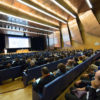

Close

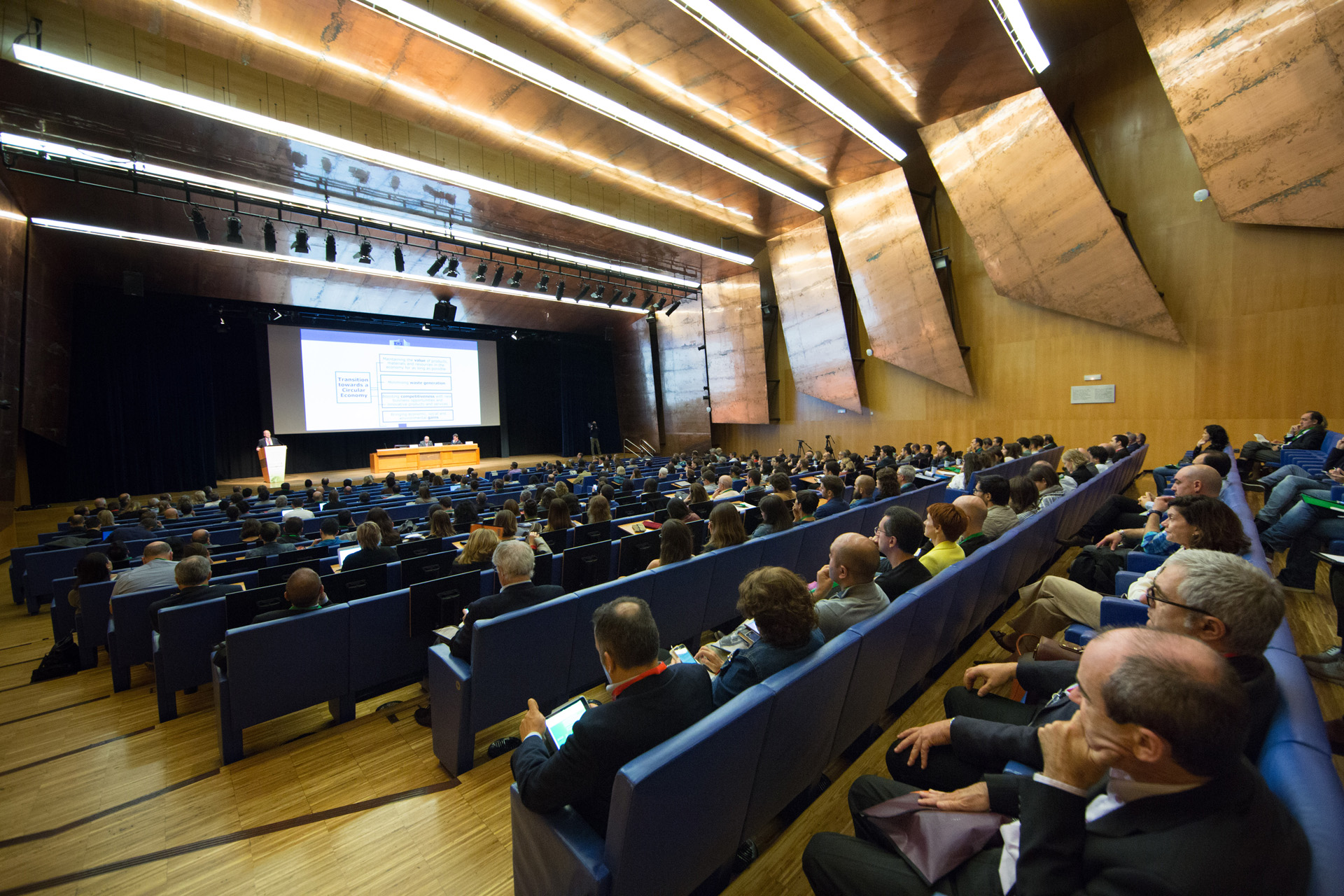

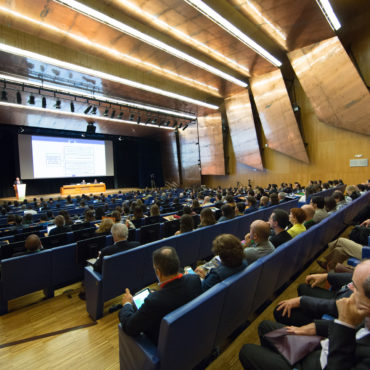
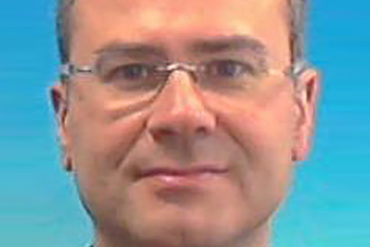
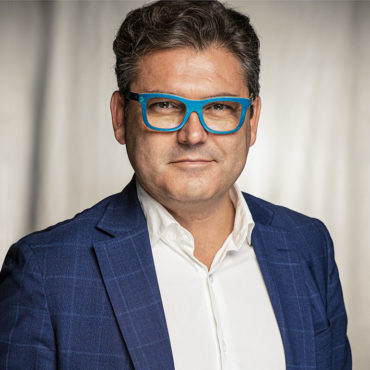
Inaugural conference

Inauguration of the “20 years of Made in Euskadi ecodesign”

In recent years, ecodesign has been shown to be a clear factor in business competitiveness. Growth prospects for ecodesign products in the markets have grown faster than for traditional products, improving their position in international markets to boost exports. At the same time, as well as achieving results in environmental terms, ecodesign enhances image and reputation in the market, opens up new markets and boost product, process and materials design skills in companies. The circular economy is also an important strategy for reducing greenhouse gas emissions.
Moderator:

In the transition toward the circular economy, when the market cannot find its incentives for adopting new behavioural patterns, the government must step in with mandatory ecodesign requirements to guarantee some minimum levels of environmental improvement. Examples of these requirements are the Ecodesign Directive and the restrictions on the use of single-use plastics. As a result of the relative measures in the Ecodesign Directive, and specifically with the new rules adopted in October 2019 alone, the European Commission expects to reduce CO2 equivalent emissions by more than 46 million tons by 2030 leading to savings of €150 per European home per year. These results will be abundantly improved by the measures in the M/543 Commission implementing decision on product lifespan, the ability to extract key components and materials for reuse, repair, recycling and treatment and calculation of recycled and re-used content in products.

Increasing product durability is a pillar of the circular economy. This can be addressed from design, maintenance, advanced repair or remanufacture. Product Value Retention, the epitome of which is remanufacturing, would reduce greenhouse gas impact by around 70% and create more business opportunities. However, it requires a new business model. These changes are still more relevant when companies opt to shift to a “product-as-a-service” model, a circular model where durability is key and income comes from the service, which also presents significant strategic and financial challenges.
Moderator:
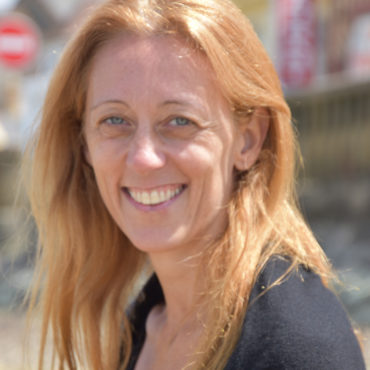


Joint meeting of all attendees
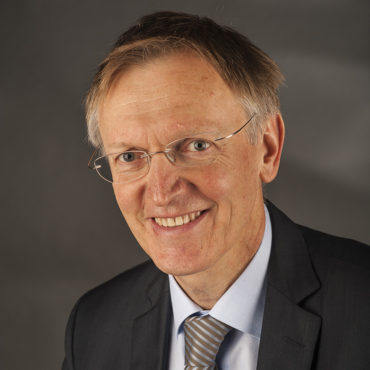


Most non-renewable raw materials consumed by industry these days are imported. Resources are becoming scarce and prices are fluctuating due to excessive global demand. Materials account for 61% of Basque industrial costs, with the high weight of metal transformation and polymers. Efficiency measures applied throughout the life cycle would reduce raw materials consumption by 6%, representing savings of 2bn euros for Basque industry and 45% lower greenhouse gas emissions. The challenge facing the main value chains and multinationals therefore lies in innovating in materials from a life cycle perspective to stand out from global competitors with high performance and sustainability.
Moderator:

Industry needs those who consume its goods and services to become allies in the necessary shift toward a circular economy. Well-informed consumers can transform their purchasing power into a clear message in support of more sustainable products and services. However, achieving this requires reliable tools for information, forethought, coordination and clear messages to provide the information necessary to make reasoned decisions. This applies to the three main groups of consumers: citizens, government and the businesses themselves. By launching the Action Plan for a Circular Economy, the European Commission has implemented major instruments to provide truthful information to consumers. This conference will analyse these instruments and their current and future efficacy.
Moderator:

Presentation of 50 practical business case studies, with stimulation of sector clusters. Objectives:


Innovation has a critical role in the transition to a new circular economy model. The rules for drafting the new Basque Country Science, Technology and Innovation Plan 2030 identify three priority working areas: smart industry, clean energy and personalised health, as well as niche opportunities of ecoinnovation, sustainable cities, sustainable food and cultural industries. All these areas and niches have close links with principles of the circular economy, which emerge as one of the three cross-cutting initiatives in the Plan. Therefore, the Basque Country will support innovation and research through different models of collaboration with organisations. Basque companies must become increasingly dynamic, invest more in the circular and low carbon economies and carry out analyses so that their new products improve environmental impact, performance and current costs. In this regard, the role of the Basque Government is pivotal to drive these changes through different supporting lines and programmes.
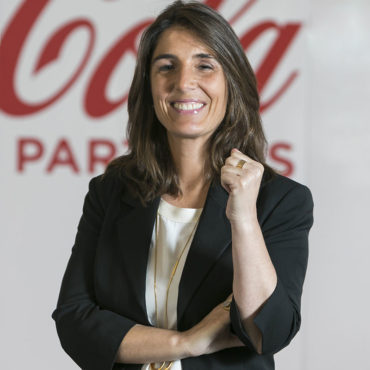

Joint meeting of all attendees

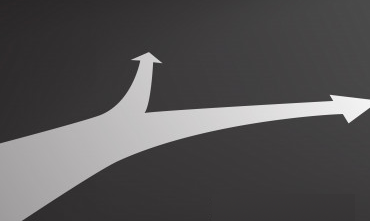




Joint meeting of all attendees





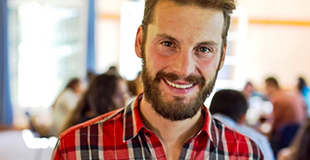

San José de Calasanz (Santurtzi), Escuela de Hostelería (Galdakao) e IK Ingeniería (Basauri)

Directed by: Coach and Play

Joint meeting of all attendees
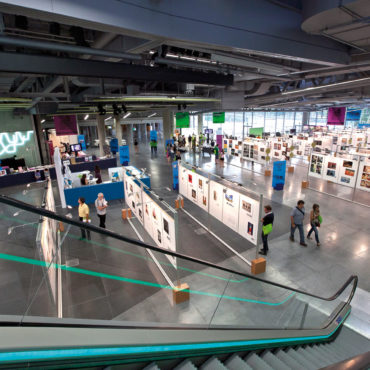

Directed by: Coach and Play
